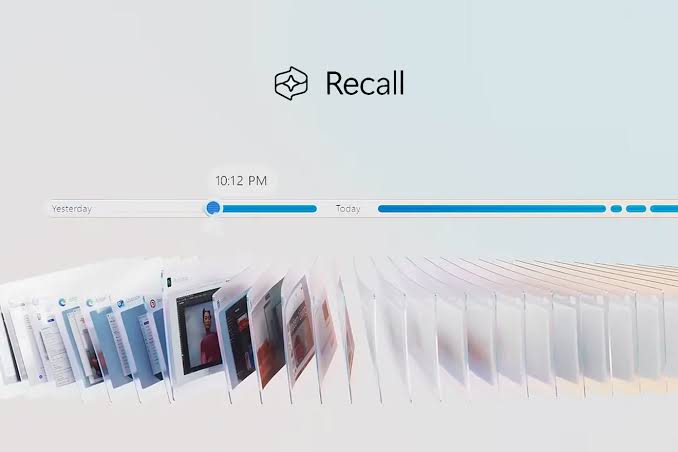Microsoft’s Recall feature quietly screenshots everything on a PC’s screen. It is designed to help users retrace their activities, but has raised alarms about privacy risks.
On July 25, 2025, AdGuard announced it will block Microsoft Recall, joining privacy-focused apps Brave and Signal in this move.
AdGuard blocks recall over privacy concerns
AdGuard released version 7.21 for Windows, introducing a feature called “Disable Windows Recall.” This blocks Recall’s background screen captures system-wide, preventing the AI tool from taking snapshots of any app or desktop activity.
The company described the idea of constant screen recording as “unsettling” because Recall could capture sensitive moments, such as private chats or credit card entries, without user consent.
Although Microsoft claims Recall is privacy-friendly—storing encrypted screenshots locally and requiring Windows Hello and a PIN for access—AdGuard argues this is insufficient.
PINs can be compromised, and filters might fail to block sensitive data from being saved. AdGuard believes relying on Microsoft’s good intentions is not a solid privacy strategy.
Brave, Signal, and AdGuard lead privacy push
Before AdGuard’s update, the Brave browser blocked Recall by default to protect users’ browsing history from unintended capture. Signal, the encrypted messaging app, was an early adopter of blocking Recall locally in May 2025, urging AI developers to consider privacy implications better.
AdGuard’s approach differs by offering a toggle that disables Windows Recall completely at a system level—not just within one app. This is important since Recall currently runs on Microsoft Copilot+ PCs, which may become more common.
AdGuard offers users comprehensive protection against this persistent tracking by blocking the Recall system-wide.
Users wanting to activate this protection can enable Tracking Protection within the AdGuard settings, which will automatically disable Recall. This option is currently off by default but is recommended for privacy-conscious individuals, especially those using new Windows machines equipped with Copilot+ technology.
AdGuard’s decisive action highlights a growing movement among privacy-minded software developers to oppose built-in tracking features like Recall, limiting the potential exposure of sensitive user data in Windows environments.











